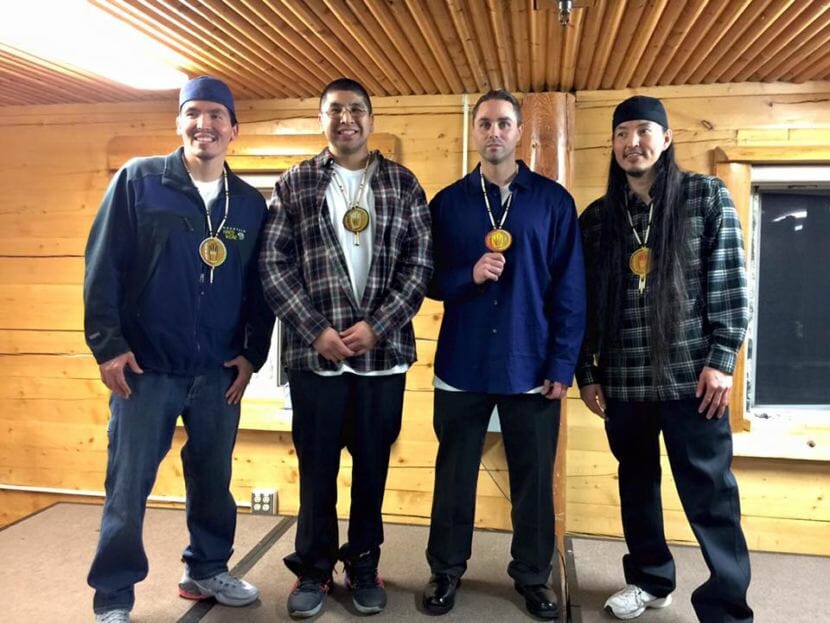
FAIRBANKS, Alaska (AP) — Four Fairbanks men will appeal the rejection of their civil court case accusing the city of Fairbanks and city police officers of malicious prosecution.
A federal judge last week tossed out the case filed by the men known as the “Fairbanks Four,” the Fairbanks Daily News-Miner reported.
U.S. District Court Judge H. Russel Holland said the men needed to have their criminal convictions invalidated, not simply vacated, before they could sue the city and the police officers who investigated them.
George Frese, Kevin Pease, Marvin Roberts and Eugene Vent were convicted of murder in the 1997 death Fairbanks teenager John Hartman. The four men spent 18 years in prison while they asserted their innocence and appealed their convictions.
After a five-week hearing that re-examined the cases in detail, and presented the case that others killed Hartman, the convictions were vacated in December 2015.
Judge Holland in his ruling referred to a 1994 U.S. Supreme Court case that outlines how a defendant in a criminal case must be cleared before seeking monetary damages from prosecutors and police.
“Plaintiffs have not shown that their convictions or sentences have been invalidated,” Holland said.
Attorney Mike Kramer, who represents two of the men, said the group will take the case to the 9th Circuit Court of Appeals, a process that will take about two years.
“It was a disappointing day, but the Fairbanks Four are used to being disappointed in court,” Kramer said.
The four men were released from prison after signing what they call a “devil’s bargain” in their lawsuit.
Facing additional years in prison while state prosecutors challenged their case, the men agreed to a settlement to be free under the condition that not sue the city or state for their treatment by the Fairbanks Police Department and the district attorney’s office.
The latest lawsuit, filed in December, contends the agreement not to sue is not legally binding because the men were coerced because of their imprisonment.
Holland said he applied Supreme Court standards from the 1994 decision, an Indiana manslaughter case. To be clear to sue the city, Frese, Pease, Roberts and Vent would have had to have had their conviction “invalidated by a state tribunal.”
That did not happen, Holland said, and the four men endorsed the validity of their original convictions by signing agreements that stated “the original jury verdicts and judgment of conviction were properly and validly entered based on proof beyond a reasonable doubt.”
Kramer said the judge should have focused on whether the settlement was voluntary instead of parsing words of the agreement.
“Judge Holland focused on that part of the agreement where the Fairbanks Four agreed they were ‘validly convicted’,” Kramer said. “He avoided analyzing whether the agreement in total was an involuntary, coercive agreement, in which case whatever they agreed to would have no weight.”
